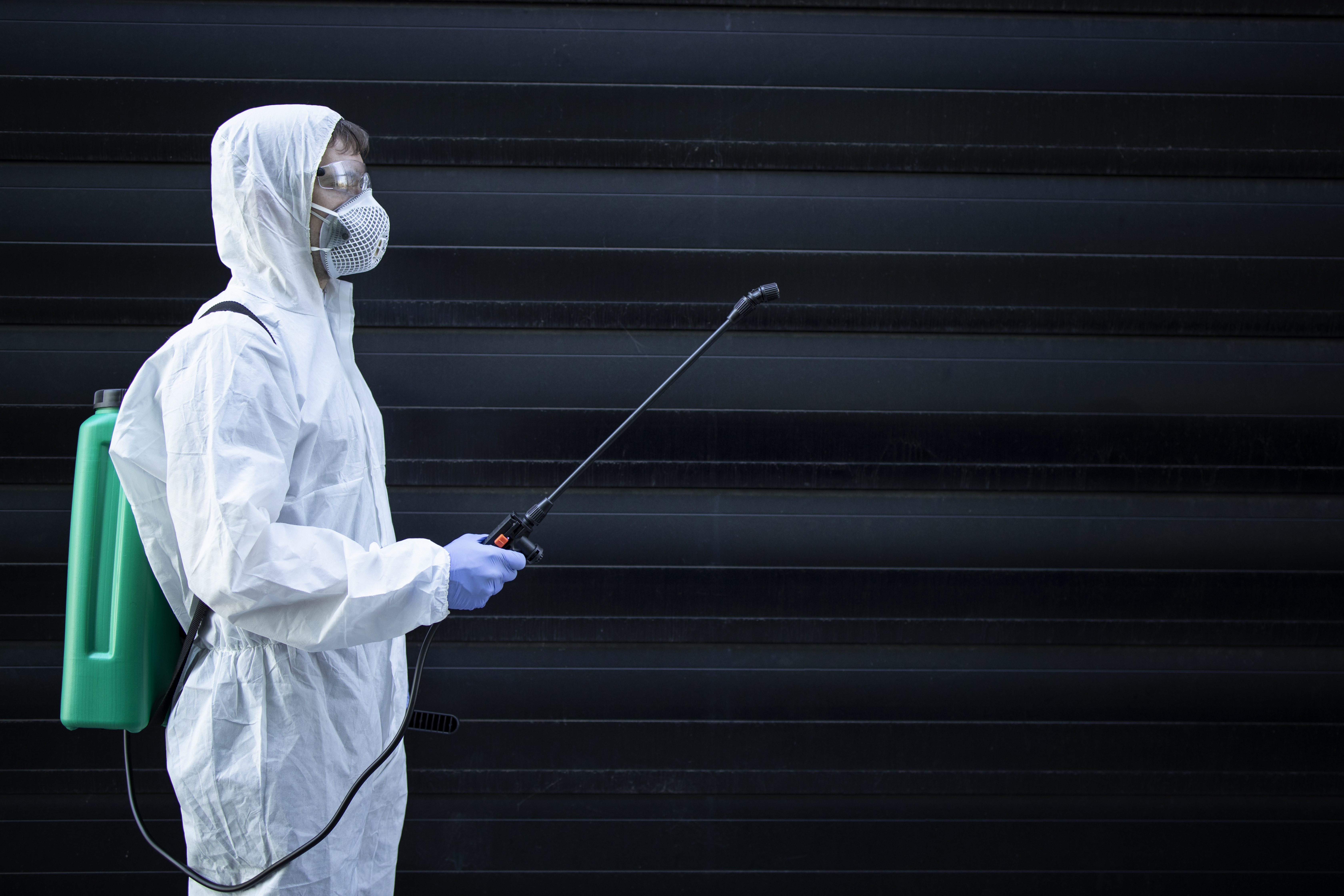The Importance of Regular Mosquito Control: Health Risks and Prevention
Mosquitoes are among the most persistent and harmful pests, affecting people worldwide. They are not only a nuisance but also a significant health threat.
Regular mosquito control is essential to protect families, communities, and public health from the diseases these tiny pests can transmit.
Here, we explore why mosquito control is vital, the risks associated with neglecting it, and practical measures to prevent infestations.
Understanding the Health Risks of Mosquitoes
Mosquitoes are notorious vectors for various diseases, many of which are life-threatening. The most common health risks include:
- Malaria
○ Spread by Anopheles mosquitoes, malaria is a parasitic disease that causes fever, chills, and severe complications if untreated.
- Dengue Fever
○ Transmitted by Aedes aegypti, dengue can lead to high fever, severe muscle pain, and in extreme cases, dengue hemorrhagic fever, which can be fatal.
- Zika Virus
○ Zika infection, spread by Aedes mosquitoes, poses severe risks to pregnant women, leading to birth defects like microcephaly.
- Chikungunya
○ Another disease spread by Aedes mosquitoes, chikungunya causes fever, joint pain, and long-term discomfort.
- West Nile Virus
○ Spread by Culex mosquitoes, this virus can cause neurological issues, including meningitis and encephalitis.
Beyond these illnesses, mosquitoes cause allergic reactions in some individuals due to their bites, leading to redness, swelling, and irritation.
Why Regular Mosquito Control Is Crucial
1. Preventing Disease Outbreaks
Mosquitoes thrive in warm and humid environments, and without regular control measures, their populations can grow rapidly. This increases the likelihood of disease transmission in homes, schools, and workplaces. Consistent mosquito management helps reduce their breeding and, consequently, the risks of outbreaks.
2. Protecting Vulnerable Groups
Children, the elderly, and those with weakened immune systems are particularly susceptible to mosquito-borne diseases. Regular control measures ensure these vulnerable groups remain protected from infections and related complications.
3. Reducing Economic Burden
Treating mosquito-borne diseases can be costly, especially in regions where healthcare access is limited. Prevention through mosquito control reduces the financial burden on families and healthcare systems.
4. Maintaining Quality of Life
Mosquito bites can disrupt sleep, outdoor activities, and overall comfort. Regular control measures ensure families can enjoy their environments without constant annoyance or risk.
Practical Prevention and Control Measures
1. Eliminating Breeding Sites
Mosquitoes lay eggs in stagnant water, so it’s essential to remove or treat potential breeding areas. Key steps include:
● Emptying water from flower pots, tires, and buckets.
● Cleaning gutters to prevent water accumulation.
● Covering water storage containers.
2. Using Physical Barriers
Simple barriers can effectively keep mosquitoes out:
● Installing window and door screens.
● Using mosquito nets over beds, especially in high-risk areas.
● Wearing long-sleeved clothing and trousers when outdoors.
3. Applying Mosquito Repellents
Topical repellents containing DEET, picaridin, or natural alternatives like citronella can deter mosquitoes from biting. Always follow application instructions for safety and effectiveness.
4. Professional Mosquito Control Services
For effective long-term results, professional mosquito control services are invaluable. These services typically include:
● Barrier Treatments: Spraying areas where mosquitoes rest, such as bushes and shaded spaces.
● Fogging: Ideal for large outdoor spaces, fogging disperses insecticide to kill mosquitoes.
● Larvicide Treatments: Targeting mosquito larvae in standing water to prevent adult mosquitoes from emerging.
5. Community Participation
Mosquito control is most effective when communities work together. Initiatives such as clean-up drives, public awareness campaigns, and reporting stagnant water can significantly reduce mosquito populations.
The Role of Eco-Friendly Mosquito Control
Traditional mosquito control methods often rely on chemical insecticides, which can harm the environment if misused. Eco-friendly approaches focus on sustainability and safety, ensuring minimal environmental impact. These include:
● Using biological controls, such as introducing fish species that feed on mosquito larvae.
● Employing natural insecticides made from plant extracts.
● Installing traps that use carbon dioxide or UV light to attract and capture mosquitoes.
Signs That You Need Professional Mosquito Control
If you notice the following signs, it’s time to call in professionals:
● Frequent mosquito bites indoors or outdoors.
● Visible mosquito swarms in your surroundings.
● Standing water that cannot be easily eliminated.
● Unusual buzzing sounds around dusk or dawn.
Conclusion
Mosquitoes are more than just a seasonal annoyance; they are a significant health hazard. Regular mosquito control is essential to protect against diseases, ensure comfort, and maintain a high quality of life. Combining personal preventive measures with professional services is the most effective way to reduce mosquito populations and safeguard your health.
Investing in professional mosquito control services, such as those offered by Skuas Pest Control, can provide peace of mind. Their tailored solutions target mosquitoes at every stage of their lifecycle, ensuring comprehensive and lasting results. Don’t wait for mosquitoes to become a problem, take proactive steps today to create a safer, healthier environment for your family and community.

